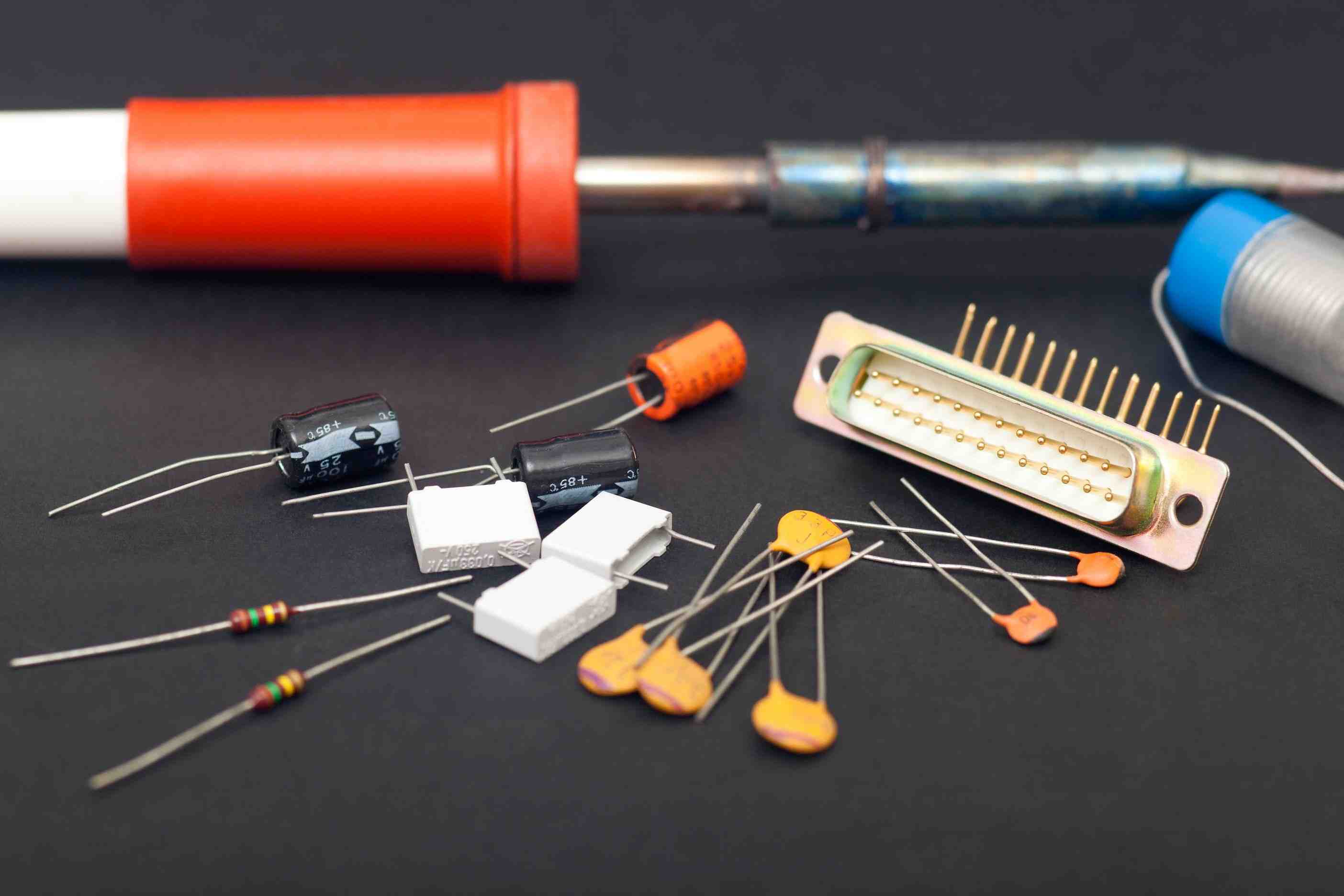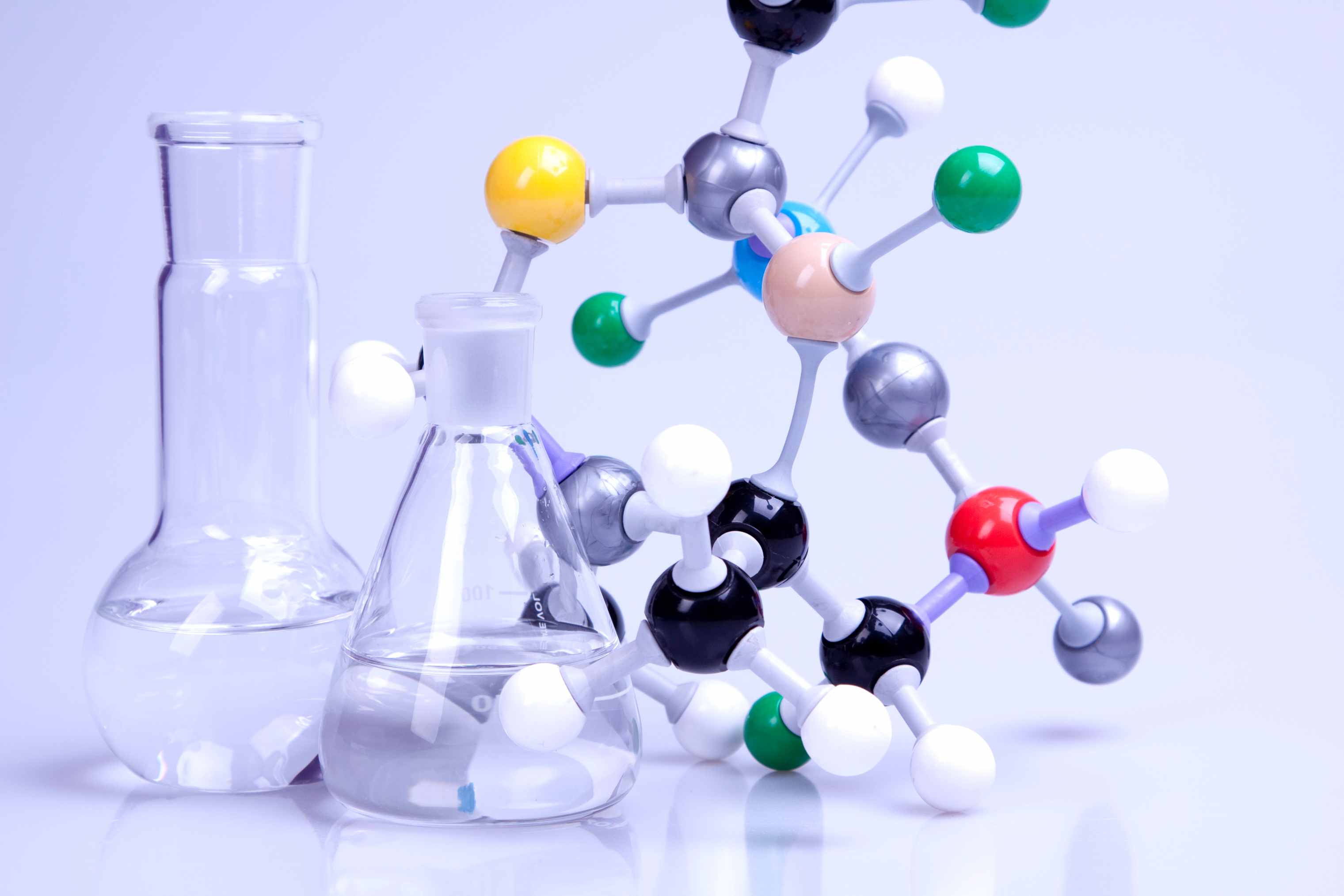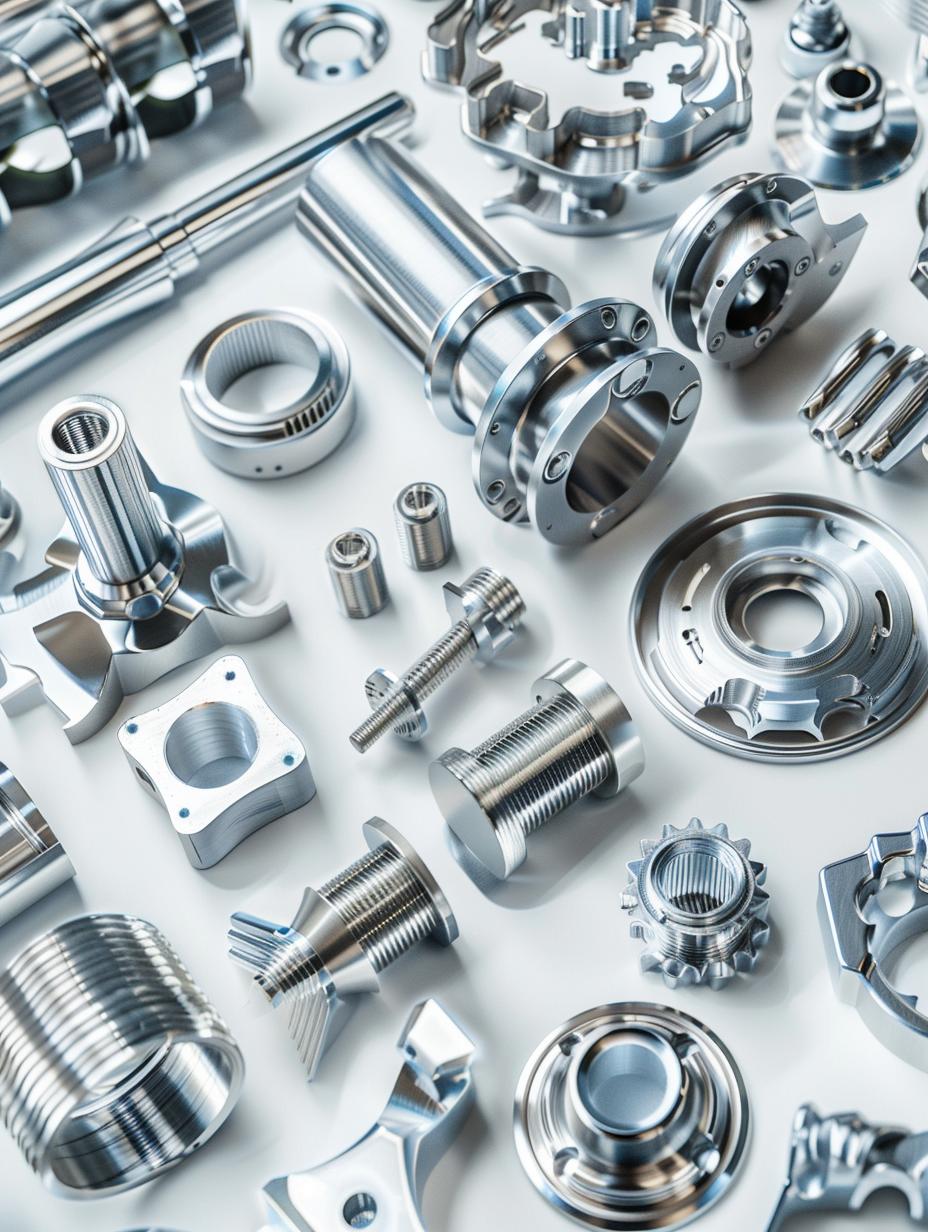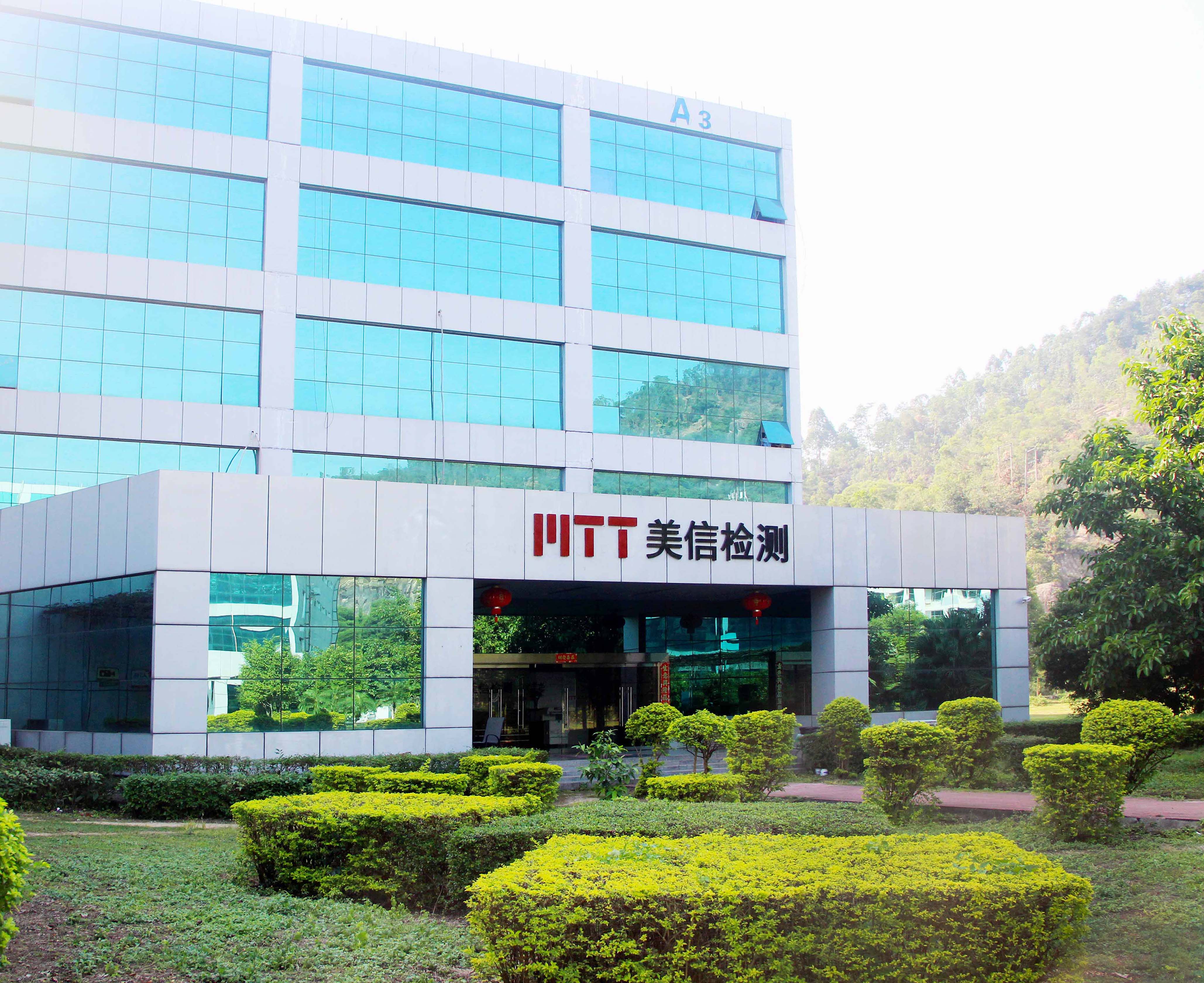




























通过高精度追踪尺寸-温度-时间-载荷的耦合关系,TMA将材料的热机械行为转化为工程化参数,是解决热应力失效、优化热加工工艺的关键实验依据。TMA在解决热应力失效、工艺临界点控制、多材料系统匹配性问题上具有不可替代性。

| Project Background
By precisely tracking the coupled relationship among size, temperature, time, and load, TMA converts the thermomechanical behavior of materials into engineering parameters, which serves as a crucial experimental basis for solving thermal stress failure problems and optimizing thermal processing technologies. TMA is irreplaceable in solving problems related to thermal stress failure, process critical-point control, and the compatibility of multi-material systems.
| Project Overview
The basic principle of the thermomechanical analyzer (TMA) technology is to measure the deformation of a sample during a certain load and temperature program (heating/cooling/constant temperature and their combinations). The following characteristics of materials can be studied using a thermomechanical analyzer:
1. Linear expansion and contraction
2. Glass transition temperature
3. Densification and sintering processes
4. Optimization of heat treatment processes
5. Softening point detection
6. Phase transition processes
7. Research on reaction kinetics.
| Test Objective
1. Quantification of thermal expansion behavior;
2. Phase transformation and transition temperature;
3. Softening and deformation properties.
| Testing Standards
ISO 11359 series Plastics - Thermomechanical analysis (TMA)
ASTM E831 Standard test method for linear thermal expansion of solid materials by TMA
IPC TM-650 2.4.24 Glass transition temperature and coefficient of thermal expansion in the Z-axis by TMA
| Service Products / Fields
Consumer electronics, automotive electronics, electronic manufacturing, PCB design and materials science, aerospace, electronic packaging, new-energy electronics, etc.
| MTT Advantages
1. Professional Team: Equipped with a number of highly experienced testing engineers and technical experts.
2. Advanced Equipment: Equipped with internationally leading testing instruments to ensure accuracy and reliability of results. High-precision dimensional measurement capability, multi-dimensional simulation of real scenarios, more sensitive to the glass transition of highly cross-linked/filled systems, support for testing under constant load to approximate actual working conditions, and wide temperature range applicability.
3. Efficient Service: Rapidly respond to customer needs and provide one-stop, high-efficiency inspection services.
4. Authoritative Certification: The laboratory is certified by ISO/IEC 17025, ensuring that test reports have international credibility.